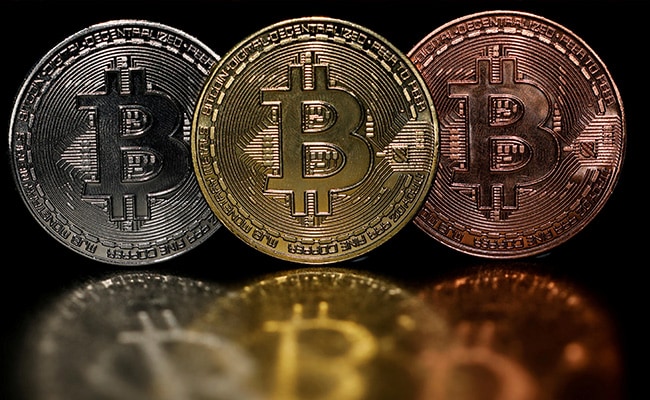|
Getting your Trinity Audio player ready...
|
The International Monetary Fund (IMF) has once again called on El Salvador to reform its approach to Bitcoin (BTC) as an official currency, urging the Central American nation to tighten its regulatory framework surrounding the flagship cryptocurrency. During a press briefing, IMF spokesperson Julie Kozack emphasized that ongoing discussions with El Salvador include addressing the risks posed by the country’s bold decision to make Bitcoin legal tender.
Bitcoin’s Role In El Salvador’s Economic Landscape
In 2021, El Salvador made global headlines by becoming the first country to adopt Bitcoin as legal tender, a move hailed by President Nayib Bukele as a step toward financial inclusion and economic independence. Bitcoin was positioned as a solution to reduce reliance on the U.S. dollar and cut down on costly remittance fees for Salvadorans living abroad.
Since then, El Salvador has doubled down on its pro-Bitcoin stance. Earlier this year, President Bukele announced plans for the country to accumulate one Bitcoin per day, reinforcing his administration’s commitment to the digital asset. However, this approach has been met with growing concerns from international financial institutions, including the IMF.
According to Kozack, while El Salvador’s embrace of Bitcoin was groundbreaking, it comes with significant risks. The IMF has consistently expressed concerns over the volatility of Bitcoin and its potential impact on El Salvador’s financial stability.
“Addressing risks arising from Bitcoin is a key element of these discussions,” Kozack stated during the briefing. She outlined the IMF’s recommendations, which include narrowing the scope of the country’s Bitcoin law, strengthening the regulatory framework, and limiting public sector exposure to Bitcoin.
By urging El Salvador to reform its Bitcoin policy, the IMF is highlighting the need for greater oversight within the country’s cryptocurrency ecosystem. This would involve implementing stricter regulations to protect citizens from the inherent risks of Bitcoin’s price fluctuations and ensuring that the government’s financial exposure to the digital asset remains limited.
A Delicate Balance Between Innovation and Stability
For El Salvador, Bitcoin represents both an opportunity for innovation and a potential source of financial instability. The country’s decision to make Bitcoin legal tender was initially seen as a way to attract foreign investment, boost tourism, and foster technological advancement. However, the IMF’s concerns reflect the challenges of balancing these ambitious goals with maintaining economic stability.
Kozack emphasized that the IMF is not against innovation but rather seeks to support a “credible and well-sequenced policy package” designed to foster long-term growth. She reiterated that the IMF is in ongoing talks with El Salvador to ensure that Bitcoin’s role in the economy is managed prudently, without exposing the public or government finances to unnecessary risks.
Also Read: Bitcoin (BTC) Set For $70K Target – USDT Borrowing Surges As Q4 Approaches
The Road Ahead for El Salvador’s Bitcoin Experiment
El Salvador’s Bitcoin experiment is being closely watched by the global financial community. While President Bukele has remained steadfast in his support for Bitcoin, the IMF’s calls for reform may prompt the government to reevaluate its approach. Whether El Salvador will adopt the recommended regulatory changes remains to be seen, but the IMF’s involvement indicates that the conversation surrounding Bitcoin’s role in the country is far from over.
As the world continues to debate the future of cryptocurrencies, El Salvador’s experience with Bitcoin will likely serve as a crucial case study in how nations can navigate the complexities of integrating digital assets into their economies.
Disclaimer: The information in this article is for general purposes only and does not constitute financial advice. The author’s views are personal and may not reflect the views of Chain Affairs. Before making any investment decisions, you should always conduct your own research. Chain Affairs is not responsible for any financial losses.
A lifelong learner with a thirst for knowledge, I am constantly seeking to understand the intricacies of the crypto world. Through my writing, I aim to share my insights and perspectives on the latest developments in the industry. I believe that crypto has the potential to create a more inclusive and equitable financial system, and I am committed to using my writing to promote its positive impact on the world.



